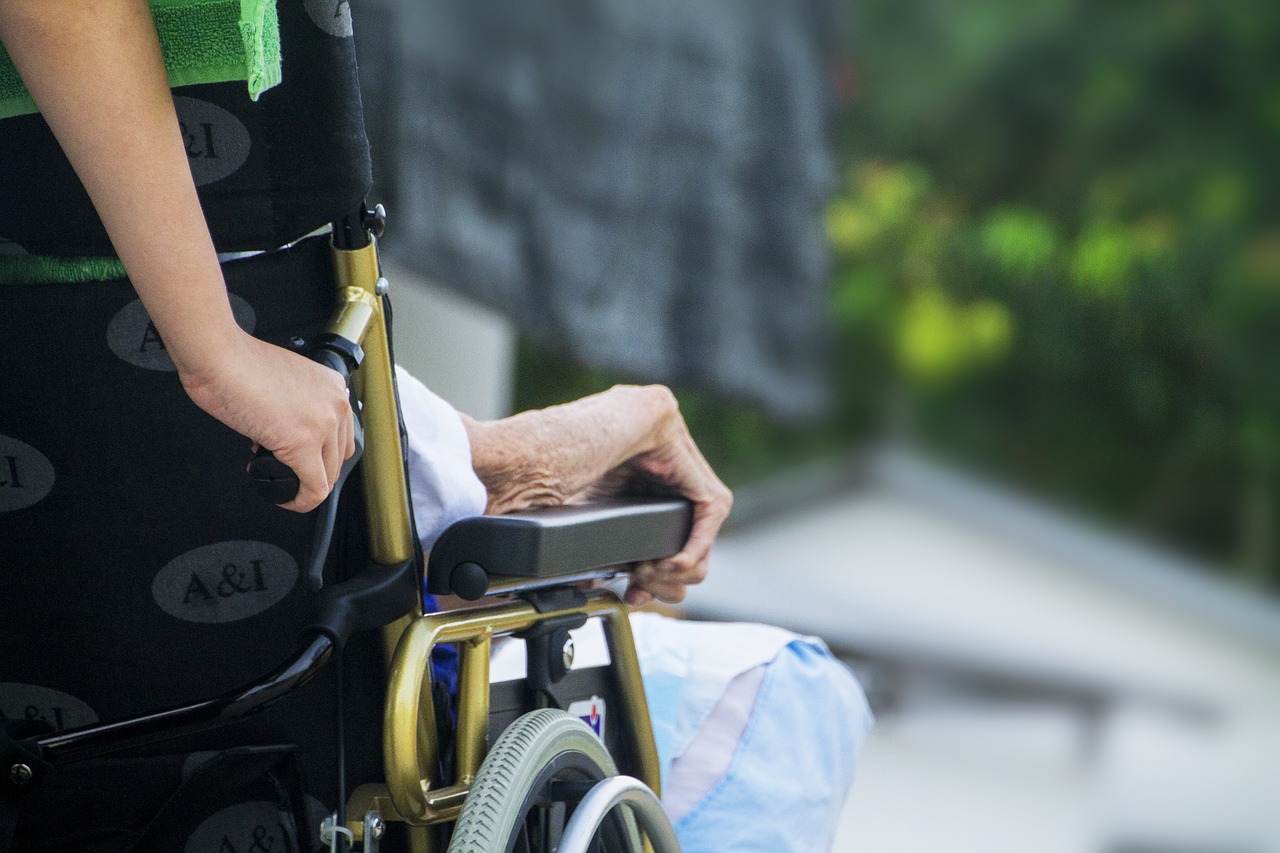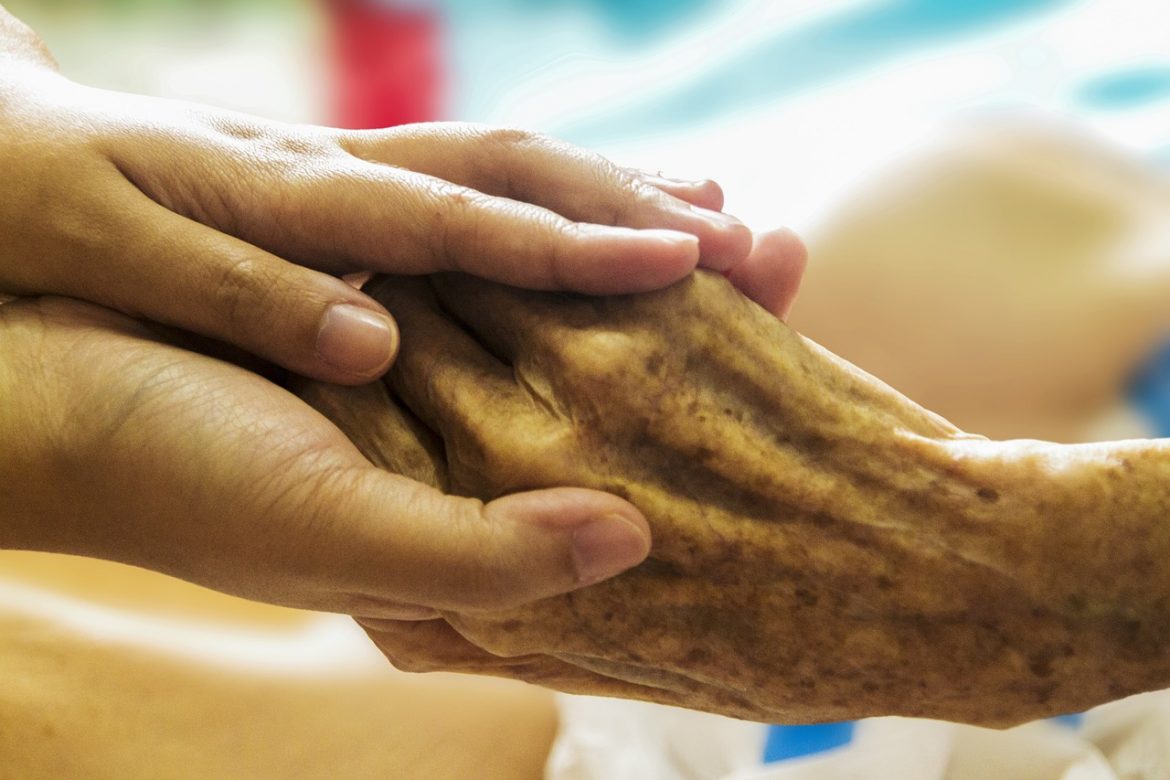
- Open communication is crucial for understanding end-of-life preferences and emotions.
- Comforting environments and professional care enhance the dying person’s quality of life.
- Caregivers must set boundaries and seek support to prevent burnout.
- Preserving memories and creating rituals provide comfort and connection.
- Grief counseling and self-compassion aid caregivers in navigating the grieving process.
Being a caregiver for a dying family member is an incredibly challenging and emotional experience. It requires not only physical care but also immense emotional support. While it’s a difficult journey, there are ways to navigate it with grace and compassion. This article will discuss five essential tips for caregivers supporting a dying family member. These tips encompass practical advice, emotional support, and self-care strategies to help caregivers navigate this challenging time as easily as possible.
1. Prioritize Open Communication

Communication is key when caring for a dying family member. It’s important to have open and honest conversations about their wishes, fears, and concerns. Here are two key aspects of communication to prioritize:
Discuss End-of-Life Preferences:
Initiate conversations about your loved one’s preferences for end-of-life care. This includes discussing their wishes regarding life-sustaining treatments, resuscitation efforts, and other medical interventions. Understanding their preferences can help ensure their wishes are respected and followed.
Listen Actively:
Be present and attentive when your loved one wants to talk. Sometimes, they may need to express their fears, regrets, or emotions. Practice active listening by providing your full attention and validating their feelings. This can provide comfort and a sense of connection during a difficult time.
2. Provide Comfort and Pain Management
As a caregiver, your primary goal is to ensure your loved one is as comfortable as possible during their final days. Here are two strategies for providing comfort and pain management:
Create a Calming Environment:
Make the space around your loved one peaceful and comforting. Dim the lights, play soothing music, and decorate with familiar items that bring them joy. Creating a calm environment can help reduce anxiety and promote relaxation.
Advocate for Professional Care:
Consider enlisting the support of professional end-of-life care services, such as hospice or palliative care. These professionals are trained to provide medical, emotional, and spiritual support to both the patient and their family members. Their expertise can help alleviate pain and improve the quality of life during this stage.
3. Practice Self-Care
Caring for a dying family member can take a toll on your physical and emotional well-being. It’s essential to prioritize self-care to prevent burnout and maintain your own health. Here are two self-care strategies for caregivers:
Set Boundaries:
Establish boundaries to prevent yourself from becoming overwhelmed. Delegate tasks to other family members or seek support from friends and community resources. It’s okay to ask for help and take breaks when needed.
Seek Support:
Don’t hesitate to seek support from other caregivers, support groups, or mental health professionals. Sharing your experiences and emotions with others who understand can provide comfort and validation.
4. Preserve Meaningful Moments
During this challenging time, it’s important to cherish and preserve meaningful moments with your dying family member. Here are two ways to do so:
Capture Memories:
Take photos, record videos, or write down memories shared with your loved one. These mementos can serve as precious keepsakes and bring comfort in the future.
Create Rituals:
Establish meaningful rituals or traditions to honor and celebrate your loved one’s life. This could be as simple as sharing a meal together or lighting a candle in their honor. Rituals can provide a sense of connection and continuity during a time of transition.
5. Prepare for Grief and Bereavement

As a caregiver, it’s important to recognize that grief is a natural part of the caregiving journey. Here are two strategies for preparing for grief and bereavement:
Seek Counseling:
Consider seeking grief counseling or therapy to help you navigate the grieving process. A mental health professional can provide guidance and support as you cope with your loss.
Practice Self-Compassion:
Be gentle with yourself as you navigate the complex emotions of grief. Allow yourself to feel and express your emotions without judgment. Remember that it’s okay to seek support and take time to heal.
Caring for a dying family member is a profound act of love and compassion, but it can also be emotionally and physically taxing. Caregivers can navigate this challenging journey with grace and resilience by prioritizing open communication, providing comfort and pain management, practicing self-care, preserving meaningful moments, and preparing for grief and bereavement. Remember, you’re not alone—reach out for support when needed, and remember to prioritize your own well-being along the way.




